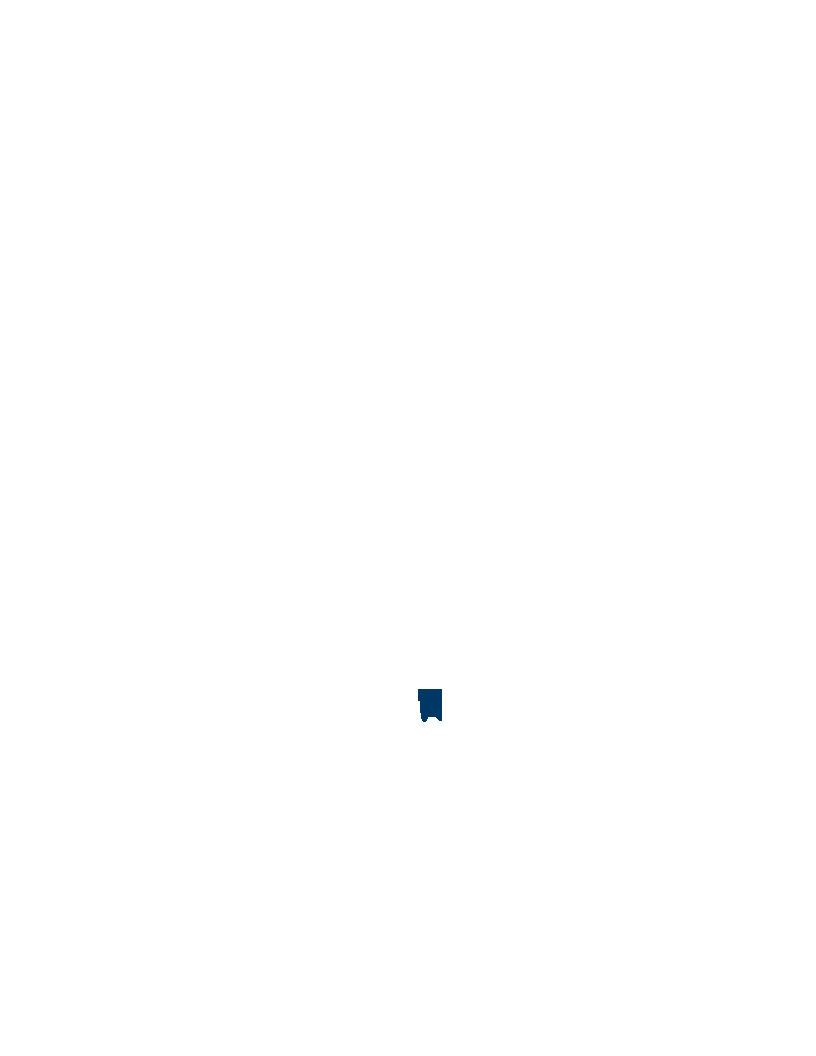West Bank Athletic Club
West Bank Athletic Club (WBAC) will expand its popular, ten-year running Somali youth soccer tournament into a comprehensive cultural heritage festival that includes Somali-specific sports, arts, and cultural activities. The 2021 WBAC Summer Festival will include a soccer tournament, live Somali music, interactive workshops, speakers, and a variety of arts and cultural activities led by youth.
|
Leyla Suleiman (Minneapolis, MN) Leyla is a first year educator, author in the Crossroads: Somali Youth Anthology, and was a panelist for the Community Partner Fund and is also serving in the immigrant cultural heritage panel. She is Somali. |
|
Hibaq Mohamed (Minneapolis, MN) – Hibaq is an MHC Increase Engagement facilitator, author in the Crossroads: Somali Youth Anthology, and is also serving in the immigrant cultural heritage panel. She is Somali. |
|
Nasra Farah (St. Cloud, MN) – Nasrah is a board member and featured speaker through the activist/advocacy organization #unitecloud. She is Somali. |
|
Dr. Cawo Abdi (Minneapolis MN) Dr. Abdi is a professor of Sociology at the U of M. She has worked with MHC previously through its Lunch and Learn Series. She is Somali. |
Laura Benson
Minnesota Humanities Center
laura@mnhum.org
651-772-4244
$850,000 the first year and $850,000 the second year are for a competitive grants program to provide grants to preserve and promote the cultural heritage of Minnesota.
(2) Of this amount, $250,000 the first year is for a grant to one or more community organizations that provide arts and cultural heritage programming celebrating Somali heritage.
Outcome 1: Somali-Minnesotans will have a stronger connection to their community and culture because of experiences that reflect and uplift Somali culture and heritage. We will determine whether we have achieved this outcome by reviewing survey results; analyzing interviews with artists, audiences, and partners; and assess audience members’ future engagement with WBAC activities and arts events.
Outcome 2: WBAC will leverage our reputable annual soccer tournament to expand our capacity to provide cultural experiences for Somali audiences in the future. Our ability to plan and execute similar programming in the future and to incorporate arts in WBAC's other year-round events will gauge increased capacity of WBAC to provide arts experiences.
Measurable outcomes that will determine success of the project include:
- Number of soccer players and teams who register and compete, information that will be collected via digital registration sheets
- Number of audience members who attend tournament games, which will be collected via tally counters by volunteers stationed at the entrances
- Number of audience members who attend other Festival events, information that will be collected by Project Directors
- Number of tickets sold to the finale live music performance
- Diversity of participants (whether WBAC is successful in engaging Somali community members as well as non-Somali community members and a diversity of ages in order to engage intercultural interaction.), which will be collected via interviews, surveys, and staff/volunteer debriefs
- Qualitative and Quantitative feedback from written surveys (which will be distributed after the Somali cultural events), digital surveys (which will be distributed by email to those who purchase tickets to the finale live music performance through the ticketing website), and simple SMS surveys that will be presented on Augsburg’s digital video board during games.
We will also evaluate our goals and outcomes using “programmatic inclusions,” which build assessment tools into the events and activities. Assessment tools will be tailored to the specific goals of each activity (e.g. a post-workshop survey will measure change in skills and knowledge of Somali music). Assessment tools can include participatory activities such as writing down answers to questions or prompts.
We will collect and review evaluation data throughout and after the program. We will hold training and brainstorm sessions with staff and volunteers in advance of the Festival on how to evaluate outcomes and how to course correct to improve outcomes based on observations and feedback over the course of the Festival. We will look for evidence of changes in connection to community, attitude about Somali culture and heritage, and the perception of relevance of the activities to the participants’ interests and background.
If we are able to use Arts Board funding, we will hire a professional evaluator (an Evaluation Fellow) who will design our evaluation protocol, including surveys and observation rubrics; work with volunteers to distribute and collect surveys; attend all activities to record observations; facilitate group discussions; conduct interviews with artists, players, and audience members; and write a comprehensive report on results. The Research Fellow will lead before and after learning labs to train staff and volunteers on how to record observations and gather data and to share evaluation results for future course corrections.
In progress

